What is the Penalty for Stealing Electricity
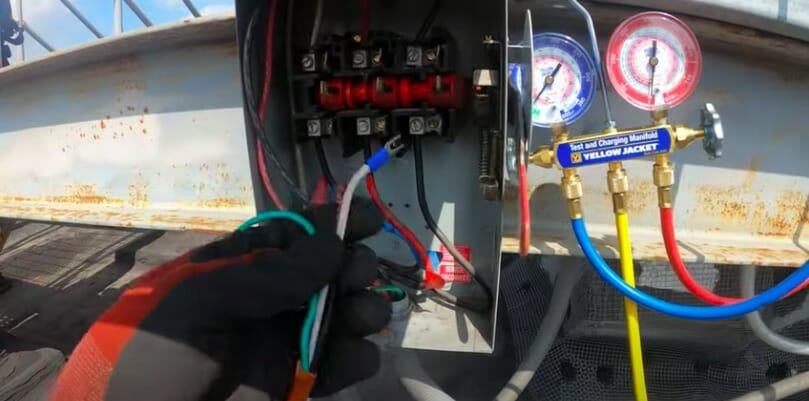
Electricity theft is a common occurrence around the world. It is important to be aware of this crime’s consequences and penalties.
The minimum penalty for stealing electricity in the US is a steep fine. The severity of the punishment increases based on the total value of the stolen electricity. The maximum punishment for stealing electricity is a $150,000 fine and five years of jail time.
We will go into more detail below.
Penalties and Punishments for Stealing Electricity
Fines and jail time are the usual penalty for stealing electricity worldwide.
The exact nature of the punishment depends on where the electricity was stolen from, how much electricity was stolen, and which offense it falls under in the penal code. Failure to comply with the initial charges will result in heavier fines and jail time.
Fines
Under the penal code of the United States, energy theft is commonly categorized into three misdemeanor charges.
Individuals found guilty of misdemeanor crimes are required to pay criminal fines. They may also receive jail time depending on the offense committed. For electricity theft, the resulting criminal fines are based on the value of the electricity stolen.
Class C Misdemeanor charges are for electricity theft valued at $50 and below. This is punished with a $500 fine without any additional jail time.
Class B Misdemeanor charges are for electricity theft valued at more than $50 up to $500. This is punished with a $2,000 fine, sometimes with months of imprisonment.
Class A Misdemeanor charges are for electricity theft valued at more than $500 up to $1,500. This has the heaviest punishment of a $4,000 fine and a maximum jail time of one year.
Stolen electricity valued at above $1,500 is classified under felony charges instead of misdemeanor charges.
Imprisonment
Stealing electricity often results in jail time for the offender.
Anyone caught in the act of stealing electricity will be sentenced to imprisonment. This punishment also extends to third-party consumers or individuals that did not commit the crime but are consuming stolen electricity.
Those guilty of electricity theft will be sentenced to 1 to 5 years of jail time. In comparison, third-party consumers of stolen electricity will receive 1 to 3 years of jail time.
Felony Charges
A felony is a serious criminal offense considered harmful or dangerous to society.
Electricity theft carries significant risk to the offender, electricity provider, and individuals legitimately consuming electricity. Stealing electricity, especially in high amounts, can overload an area’s power grid. This action damages electronics and appliances connected to power lines. In addition, electricity theft can cause power companies to have less reliability and lower quality power supply for consumers.
The worst possible felony charge an individual can receive for stealing power is a Class 3 Felony charge. This is punished with a $150,000 fine and five years of jail time.
Identifying the Signs of Electricity Theft
Now that you’re aware of how people steal electricity, it becomes easier to identify the signs of electricity theft.
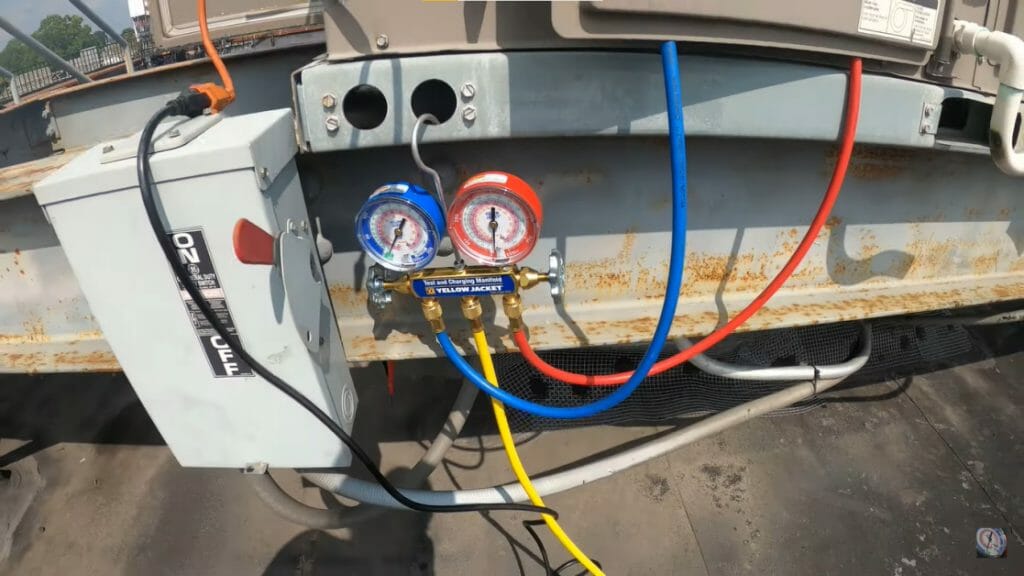
The common signs of electricity theft are as follows:
- Unusual electricity usage spikes on your electricity bill.
- Extra cords and wires are attached to your electric meter or pole.
- The electric meter is still spinning when the main switch of your house is turned off.
If you notice any of these signs, immediately report them to your local electricity provider. Record as much information as you can to speed up the investigation process.
Suppose you’re still determining whether you’re experiencing electricity theft. In that case, it is always better to err on the side of caution. Consult your electricity provider or other electricity-based services regarding the suspected power theft. They’ll answer your concerns and further look into the matter.
What is Electricity Theft?
Electricity theft is stealing power from power grids or other people’s electricity lines.
The most common method of electricity theft is illegally connecting to power supply lines, residential power lines, or disconnected power lines. Electricity theft is common in places with unstable power grids or high electricity costs.
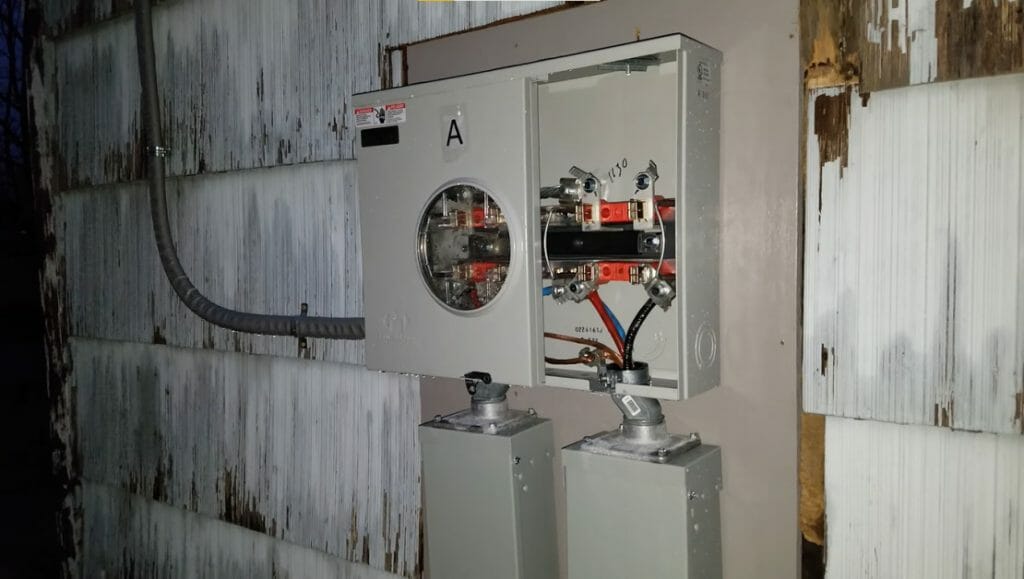
Electricity theft also extends to tampering with electric meters.
Meter tampering is any illegal alteration made to an electric meter. Electric meters are slowed down or broken to prevent them from accurately recording the owner’s electricity usage rates. Tampering is usually done by electricity consumers that want to reduce their power bills.
Electricity theft is a commonly unnoticed crime.
Legitimate electricity consumers don’t usually monitor their electric meters. So smaller, controlled electricity theft reflected by small spikes in their electricity usage rates often go unnoticed.
How Does Electricity Get Stolen?
There are various methods used to steal electricity. Although we won’t go into detail about how electricity is stolen, a general understanding of it is needed to identify signs of electricity theft in your area.
Directly Hooking Up to Power Lines
Rerouting electricity from power lines using a cord is called “cable hooking.”
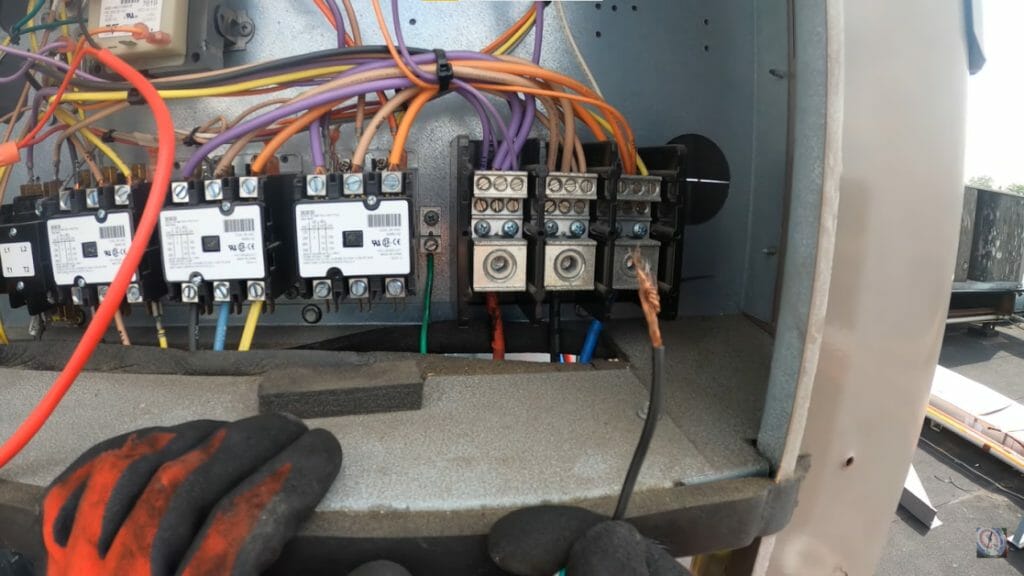
Electricity from power lines and electric meters is tapped by connecting an external cord. This is the most common method of stealing electricity. However, it is extremely dangerous as electricity drawn from these illegal connections is unmeasured and uncontrolled.
Tapping and Manipulating Electric Meters
Many people manipulate electric meters to stop or slow down electricity readings.
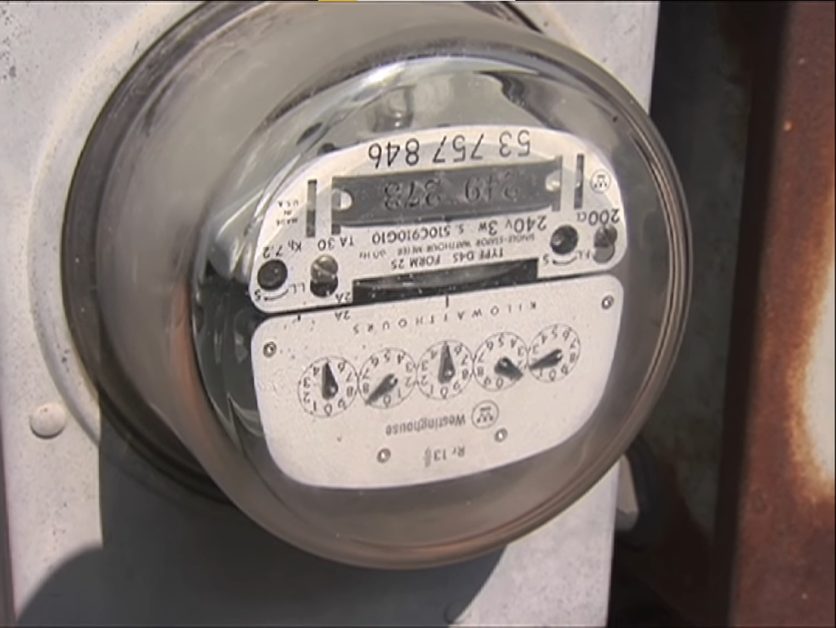
Tampering with an electric meter is less common than cable hooking. It is difficult to manipulate electric meters without altering electric companies. Special devices and external cords are often attached to the meter to change the electricity usage records.
Take a look at some of our related articles below.
- Can the electric company tell if I steal power
- How much does a pool raise your electric bill
- How many amps are needed to charge an electric car
Video References
Jumper man Tech
Fish AndFirealarm
CPS Energy
